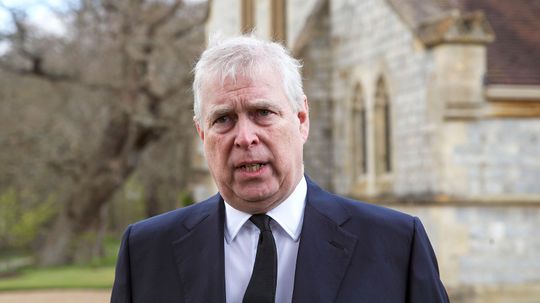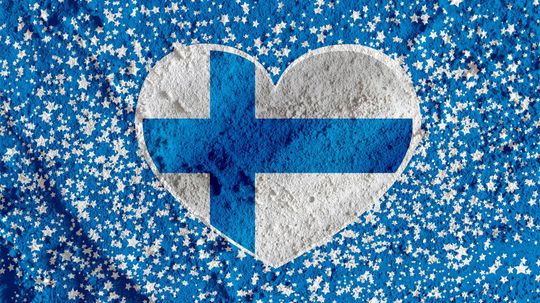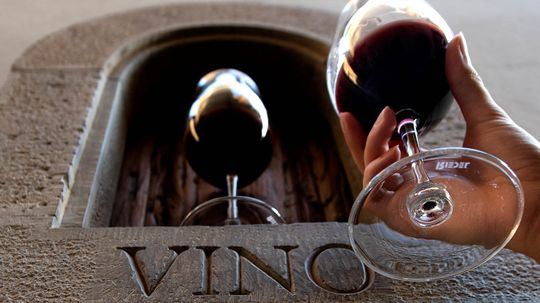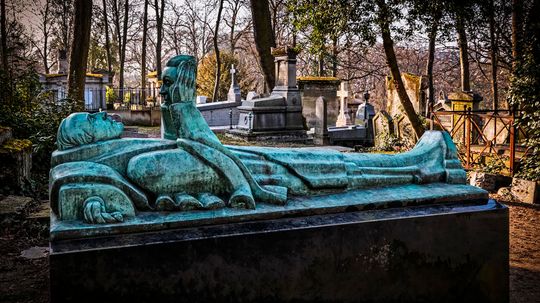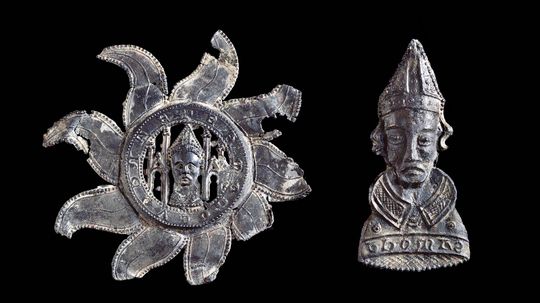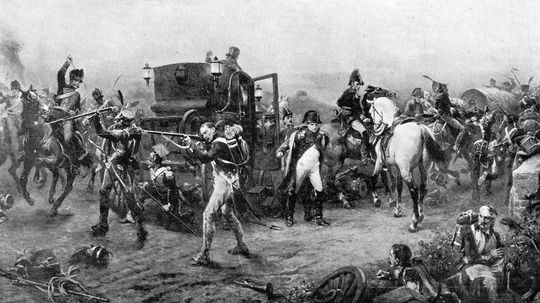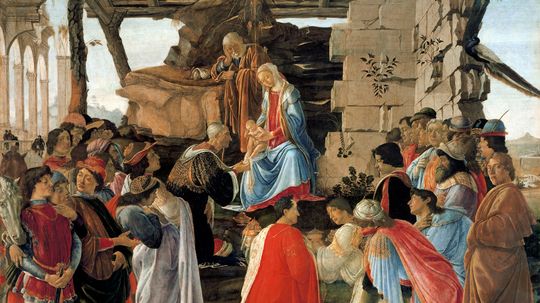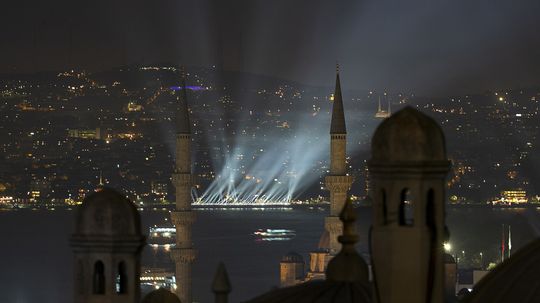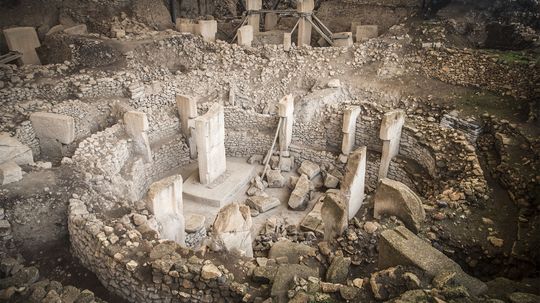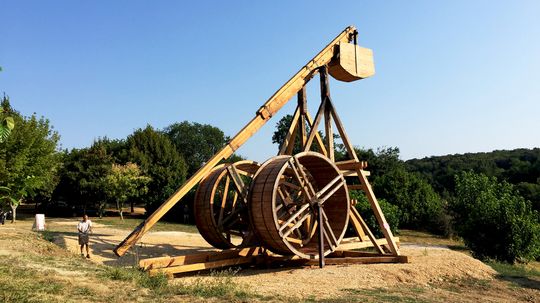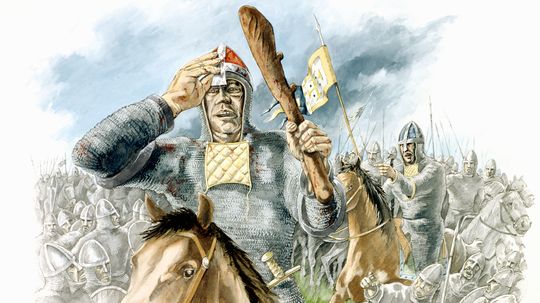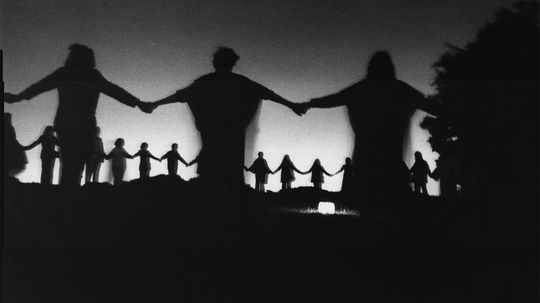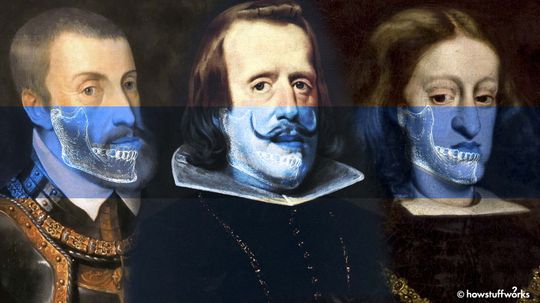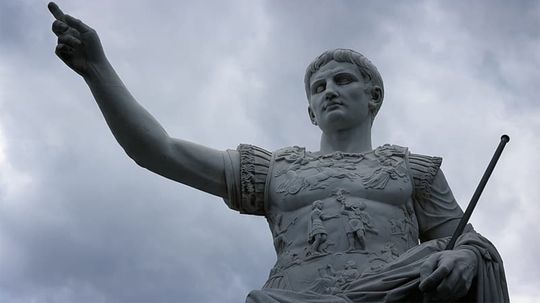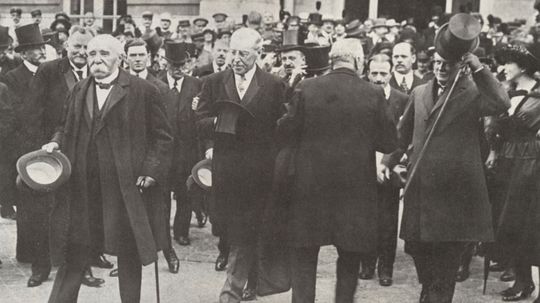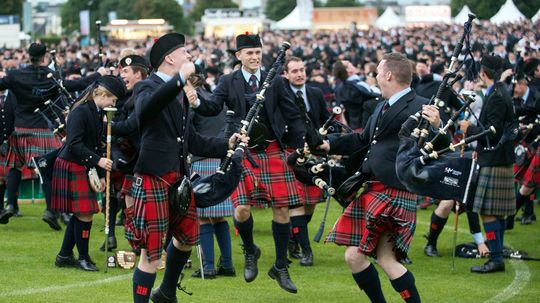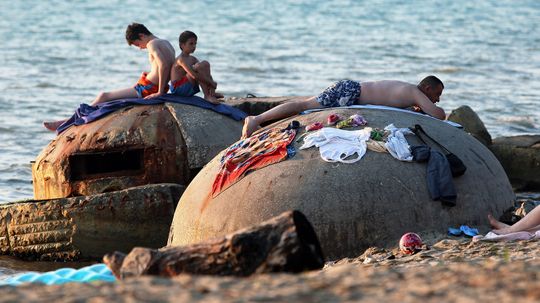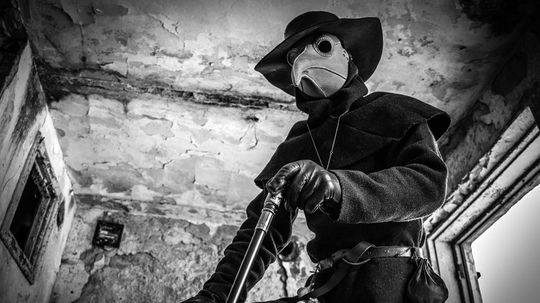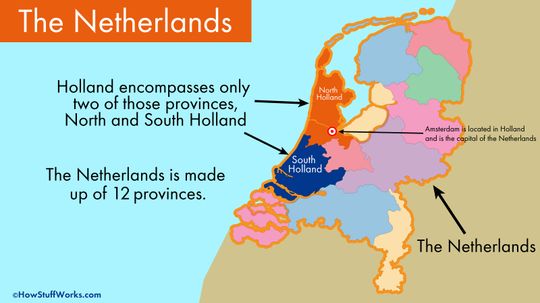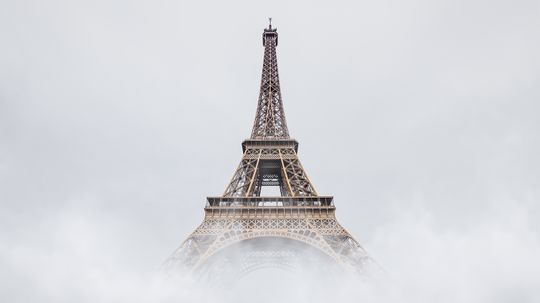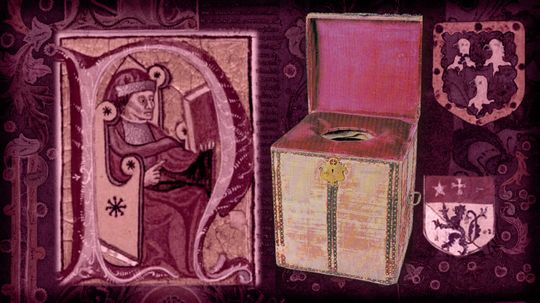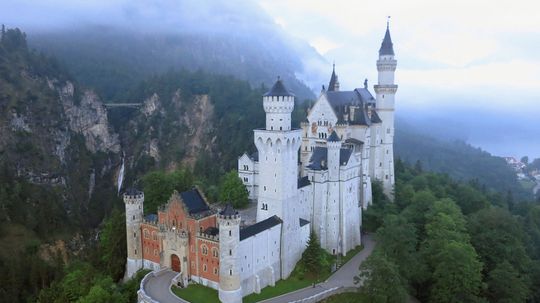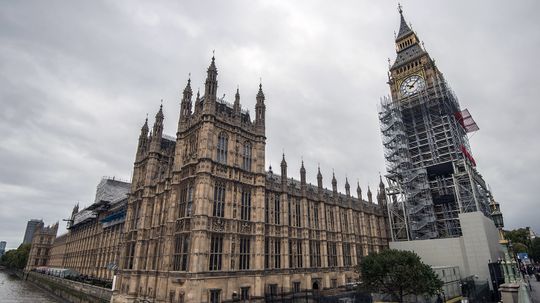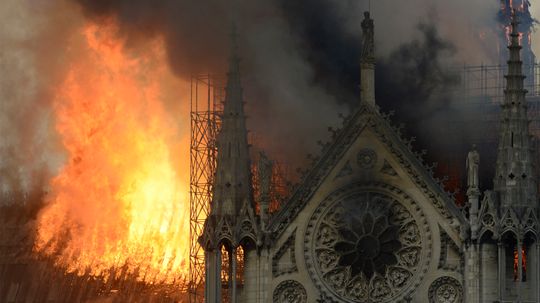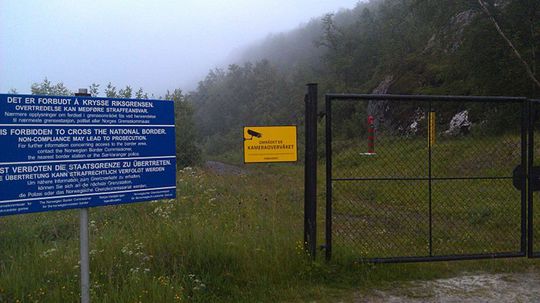European History
No matter how knowledgeable you are about European history, there's always more to learn! Get an in-depth look at European history in these articles.
Learn More / Page 2
Despite a pending scandalous court case and the loss of all his military titles and royal patronages, Prince Andrew still retains his place in line to the British throne. Here's why.
By Dave Roos
Named the happiest country in the world for the past three years in a row, Finland is considered a Nordic country. But is it part of Scandinavia?
By Mark Mancini
Scattered around Tuscany in Italy, you'll still find beautiful little windows through which wine was passed during the plague - an early social distancing measure that's back in use today.
Advertisement
This sprawling garden of a landscape cemetery sits in the middle of Paris and holds the remains of some of its most famous, and infamous, citizens.
The tin or lead pins medieval pilgrims wore on their hats or cloaks, some playfully risqué, were meant to protect against plague.
Lots of things contributed to Napoleon's loss at Waterloo - including bad weather, superior British defense tactics and perhaps a bad case of hemorrhoids.
This wealthy banking dynasty of Florence rubbed shoulders with Michelangelo, Botticelli and Galileo. They counted two popes and two queens in their clan. How did they get so powerful, and how did they lose it all?
By Dave Roos
Advertisement
The modern city of Istanbul, Turkey, has a long and tumultuous history. Once known as Constantinople, it was the capital of the Ottoman Empire, the center of cultural and religious activity and a hub for trade in Eurasia.
Göbekli Tepe is thought to be a possible archaeological bridge between nomadic hunter-gatherer societies and stable, settled agricultural communities that built temples and produced art.
Before the advent of gunpowder, enemy combatants used a powerful siege weapon called a trebuchet to forcefully launch projectiles - sometimes a large stone, a decapitated human head or a dead horse - at intended targets.
By Dave Roos
This brilliant, ruthless leader invaded England in 1066 and utterly changed the course of British history. In fact, he is the 'father' of every British monarch since.
By Dave Roos
Advertisement
The Druids were a class of Celtic-speaking purveyors of magical and religious practice who inhabited northwestern Europe around 2,000 years ago, but almost everything we know about them is from secondhand sources.
Many of the kings and queens of the Spanish Habsburg dynasty had a distinctive facial malady known as the Habsburg jaw. What caused it?
"I came, I saw, I conquered" encapsulates Julius Caesar's entire approach to ruling.
In 1919, 30 nations met to formulate the Treaty of Versailles, the treaty to end World War 1. The Allied nations wanted Germany to pay huge fines and take responsibility for starting the war. But were the terms too harsh?
By Dave Roos
Advertisement
The kilt is synonymous with Scotland, but does that mean everyone with a Scottish surname has his or her own tartan?
By Dave Roos
In the 1970s, Albanian dictator Enver Hoxha ordered a massive building program of bunkers throughout the country, allegedly for protection. But their real purpose was to create fear and paranoia in its citizens.
Contaminated water, poor hygiene and the lack of sanitation caused most epidemics prior to the 20th century, but the plague doctors believed that germs were spread through the skin and nose and they costumed themselves accordingly.
People often use the words Holland and the Netherlands interchangeably when talking about the country in Western Europe. Are the two places the same?
By Wendy Bowman
Advertisement
Did you know that the iconic monument in the French capital city is topped by a secret apartment? But who built it, and why?
It may sound degrading to modern ears, but the groom of the stool, the person who helped the British king with his toilet duties, held an extremely prestigious position and was a close confidant of the monarch.
Uncover the intriguing history of Neuschwanstein Castle, King Ludwig II's architectural homage to Wagner, and the mysteries surrounding its creation.
By Dave Roos
The famed London clock tower marks 160 years in silence as its historic restoration continues.
Advertisement
One of the most famous buildings in the world has burned. What did it take to build it in the first place?
What was behind the building of possibly the world's shortest border fence?
By Dave Roos
